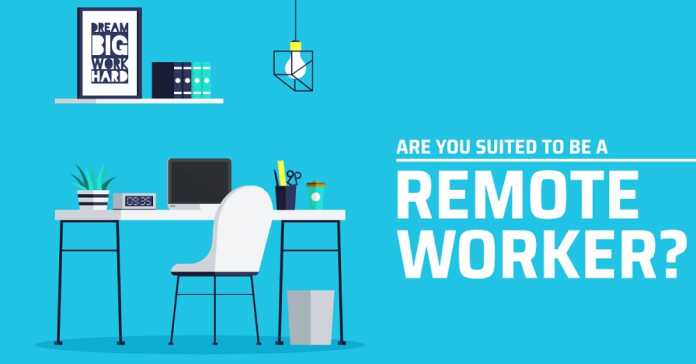As many people continue to work from home many find it challenging to balance their work schedule with their personal life. Author (The Burnout Epidemic), speaker and workplace happiness expert Jennifer Moss offers ways to stay positive and better manage a remote lifestyle:
- Block time for self-care – Stress of pushing through the pandemic can cause brain fog. To prevent brain fog, take a break from work and schedule time to do something you enjoy for 10 to 15 minutes. Without these breaks, you’ll end up less productive and less engaged at work overall. A quick break helps you refresh and refocus.
- Take a fake commute – Rather than working from the time you wake until dinner, try scheduling a fake commute. That means taking the same amount of time you would have spent in your car or on the subway and replacing it with a walk, listening to your favorite podcast, or spending time with loved ones.
- Reduce video meeting fatigue – The average worker has experienced a 24 percent increase in meetings since the start of the pandemic, and video meetings can be taxing. Meeting fatigue has shown to increase stress and reduce productivity. To lessen the effects of meeting fatigue ask these questions:
- Is this meeting necessary? If yes, then ask:
- Does it have to be a video call?
- Does it have to be longer than 30 minutes?
- Which attendees are essential?
- Can you turn off the cameras and use photos or avatars?
- Can you do an audio-only conference for a screen break?
- Work away for the day – Children, spouses, roommates and even pets can distract you when you need to concentrate. If you really need to focus, consider a change of scenery. For example, WorkSpaces by Hilton is a work-from-hotel. Through WorkSpaces by Hilton, you can enjoy a private, standard guestroom during your work hours and access Wi-Fi that isn’t taxed by everyone in the household.
- Unique times require flexibility – Remember, people are not working at the same productivity and engagement levels as they did before the pandemic. Remote workers are juggling competing demands, so it important to have realistic expectations. Create daily and weekly goals and have regular, honest conversations with managers and colleagues. Keep in mind your family members require some flexibility at home, too.









